Who is a Beneficial Owner?

Who is a Beneficial Owner?
An individual who possesses significant influence, whether directly or indirectly, over the reporting entity is classified as a “beneficial owner.” High-ranking executives such as the Chief Executive Officer, President, and General Counsel exemplify individuals with substantial authority within this context.
Furthermore, an individual who holds or exercises control over twenty-five percent or more of the voting stock or its equivalent in the company is also designated as a beneficial owner.
The reporting company is required to furnish FinCEN with comprehensive information pertaining to each beneficial owner, including their name, address, date of birth, and identification number sourced from a government-issued document, such as a driver’s license.
According to FinCEN’s definition, a beneficial owner is:
Furthermore, an individual who holds or exercises control over twenty-five percent or more of the voting stock or its equivalent in the company is also designated as a beneficial owner.
The reporting company is required to furnish FinCEN with comprehensive information pertaining to each beneficial owner, including their name, address, date of birth, and identification number sourced from a government-issued document, such as a driver’s license.
According to FinCEN’s definition, a beneficial owner is:
- Any individual who, directly or indirectly, either (1) exercises substantial control over a reporting company, or (2) owns or controls at least 25 percent of the ownership interests of a reporting company. The rule defines the terms “substantial control” and “ownership interest.” In keeping with the CTA, the rule exempts five types of individuals from the definition of “beneficial owner.”
- In delineating the parameters of substantial control, the regulation outlines a spectrum of activities that may signify substantial control over a reporting company. This enumeration encompasses individuals capable of making pivotal decisions on behalf of the entity. FinCEN’s approach is deliberately crafted to eliminate vulnerabilities in corporate structuring that might obscure the identity of owners or decision-makers. This is imperative for unveiling the identities behind anonymous shell companies.
- The regulation establishes criteria and mechanisms for ascertaining whether an individual possesses or controls 25 percent of the ownership interests in a reporting company. Among other considerations, these standards and mechanisms provide guidance on how a reporting company should navigate situations where ownership interests are held in trust.
- In delineating the parameters of substantial control, the regulation outlines a spectrum of activities that may signify substantial control over a reporting company. This enumeration encompasses individuals capable of making pivotal decisions on behalf of the entity. FinCEN’s approach is deliberately crafted to eliminate vulnerabilities in corporate structuring that might obscure the identity of owners or decision-makers. This is imperative for unveiling the identities behind anonymous shell companies.
- These definitions have been drafted to account for the various ownership or control structures reporting companies may adopt. However, for reporting companies that have simple organizational structures it should be a straightforward process to identify and report their beneficial owners. FinCEN expects the majority of reporting companies will have simple ownership structures.
Learn More

Have Questions?
We are here to help.
Learn More

Have Questions?
We are here to help.
